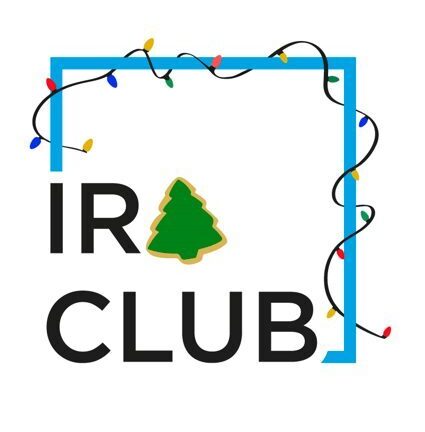Yes, your Self-Directed IRA may invest in real estate! The process is simple. If you believe that an investment in real estate offers the right opportunity for you and your IRA, these FAQs may be a good place to begin:
What types of real estate are eligible for investment using an IRA?
Almost any type of investment real estate may be owned inside an IRA. The most common type of real estate investment found in IRA accounts is income producing property (rental property). These include single family homes, two flats, four flats etc. In addition, many people use their IRA to hold farmland, timberland, and even mineral rights.
Is this a new idea?
No. IRAs have been allowed to own investment real estate since January 1, 1975. Today, we estimate that over two million people hold real estate inside their Self-Directed IRAs.
Can I commingle with my IRA?
No. You and your IRA may not commingle. What belongs to you personally and what belongs to your IRA should be kept separate.
Example: The costs for upkeep on the IRA-owned property should be paid with IRA dollars, not by you personally. Similarly, all rent or other income from the property goes directly to your IRA and is income tax-deferred or even income tax-free.
Will I need a special type of IRA to hold real estate investments?
Yes, you will need a Self-Directed IRA to hold real estate investments. The Self-Directed IRA may be a Traditional IRA, a Roth IRA, SEP IRA or SIMPLE IRA. For more information on which would be best for your needs CLICK HERE.
Where will the new IRA get the money, so it may buy the real estate?
The three most common ways to fund a Self-Directed IRA account are:
- Transfer funds from your existing IRA.
- Transfer funds from an old 401(k), 403(b), 457, TSP or even a pension plan.
- Make a personal contribution.
Must I transfer 100% of my former IRA funds?
No, just transfer the amount you wish.
Is the transfer from my old IRA or 401(k) a taxable event?
No, IRA to IRA transfers are not taxable.
Where does the rent money (the earnings) go?
The money (earnings) go to your Self-Directed IRA. There, it will accumulate for future investments. The earnings will be income tax-deferred or even income tax-free in the case of a Roth IRA.
How long does it take to open a Self-Directed IRA account?
It takes only a few minutes to open a Self Directed IRA account! We just need to gather some basic information. Once your new account is opened, please allow 21-28 days for the funds to arrive from your previous custodian. This is important to know because your Self-Directed IRA account must be in place and funded prior to the transaction. Therefore, please allow adequate time.
Does the IRA Club charge a percent of the amount my IRA invests or a part of the IRA’s earnings?
No, the IRA Club charges only flat fees no matter the size of the account or the profits.
IRA Tax Types
Real estate may be owned in any tax type of Self-Directed IRA including: Traditional IRA, Roth IRA, SEP IRA, or SIMPLE IRA.
Tax Treatment of Earnings
All IRA accounts are income tax-deferred or may even be income tax-free. There is no income tax on the earnings your money makes inside the IRA account. This allows your IRA account to grow and compound in size much quicker than if the earnings were made outside an IRA account.
How many houses may an IRA account own at the same time?
No limit. It is not uncommon for a single IRA account to own many houses due to the compounding effect caused by the tax-deferral status of the IRA account.
What is the maximum dollar value allowed in an IRA account?
No limit!
Are there any prohibitions when investing my IRA in real estate?
A few. The biggest one is simply that the IRA’s investments are for the exclusive benefit of your IRA. Therefore, you or a family member may not receive a current benefit from the property. Examples:
- May my IRA buy a house, rent the house to a tenant, and earn income free from current income tax? YES.
- May my IRA buy a house and I (or a family member) live in the house? NO, because by living in the house you or your family would be receiving a current benefit. The investment must be for the exclusive benefit of the IRA.
- Do not commingle your personal assets and the IRA’s assets.
- You or a family member my not invest “labor” into the property. Sometimes this is referred to as “no sweat equity”. If work needs to be done on the property; simply call a local handyman or professional.
For information about the Self Directed IRA or Solo 401k, call IRA Club at 312-795-0988
IRA Club offers no investments, products, or planning services. Therefore, please consult your attorney, tax professional, financial planner, and any other qualified person before making any investments.





